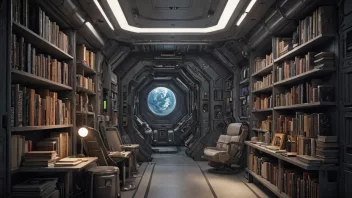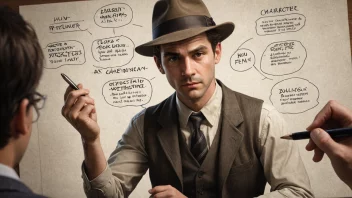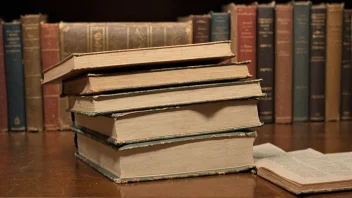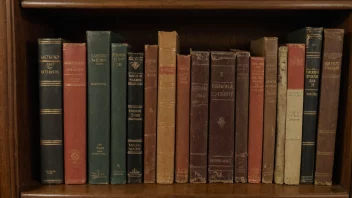Introduction
Reading fiction is often seen as a leisurely activity, but it can also be a profound and enriching experience when approached critically. Engaging with a novel or a story on a deeper level allows readers to appreciate the craft of writing, the intricacies of plot and character development, and the thematic elements woven throughout the narrative. In this article, we will explore common questions related to reading fiction critically and provide insights to enhance your reading journey.
What does it mean to read fiction critically?
Reading fiction critically means analyzing and interpreting the text beyond its surface narrative. It involves questioning the motives behind characters' actions, understanding the author's intent, and exploring the underlying themes and messages. Critical reading transforms a passive experience into an active dialogue between the reader and the text.
Why is it important to read fiction critically?
Reading critically enhances comprehension and appreciation of literature. It helps readers to:
- Deepen their understanding: Analyzing characters, settings, and plots leads to a richer engagement with the story.
- Identify themes: Recognizing recurring motifs and ideas enables readers to connect with the text on a more profound level.
- Enhance writing skills: Understanding the techniques used by authors can improve one’s own writing.
What are some tips for reading fiction critically?
Here are several strategies to adopt while reading fiction critically:
- Take notes: Jot down thoughts, questions, and observations as you read. This will help you track your ideas and insights.
- Ask questions: Challenge the text by asking why characters behave a certain way or why the author made specific choices.
- Explore context: Research the author's background, the historical period, and the literary movement to understand the influences on the work.
- Discuss with others: Join a book club or participate in online forums to share interpretations and gain different perspectives.
- Re-read passages: Go back to sections that resonate with you or that seem complex. Often, a second reading reveals new insights.
How can I identify themes in a work of fiction?
Themes are the underlying messages or central ideas of a story. Here are some ways to identify them:
- Look for patterns: Pay attention to recurring symbols, motifs, or phrases throughout the text.
- Analyze character arcs: Consider how characters change and what that implies about broader concepts such as love, loss, or identity.
- Focus on conflicts: The struggles characters face often reveal significant themes intertwined with the narrative.
What role do literary devices play in fiction?
Literary devices, such as metaphor, symbolism, and foreshadowing, enrich the text and contribute to its depth. Understanding these devices can enhance critical reading by allowing readers to:
- Recognize deeper meanings: Metaphors and symbols often convey complex ideas that may not be immediately apparent.
- Appreciate the author's craft: Analyzing how devices are used reveals the skill and artistry of the writer.
- Connect themes to the narrative: Devices often underline the themes and moral questions presented in the story.
How can discussing fiction with others enhance critical reading?
Discussing fiction in a group setting allows for the exchange of ideas and interpretations that can deepen understanding. Engaging with others can help you:
- Gain new perspectives: Other readers may notice elements you overlooked, providing a broader view of the text.
- Challenge your thoughts: Constructive discourse can refine your own interpretations and stimulate critical thinking.
- Enhance enjoyment: Sharing insights and opinions can make the reading experience more enjoyable and fulfilling.
Final Thoughts
Reading fiction critically opens up a world of deeper understanding and appreciation for literature. By applying the tips and strategies discussed in this article, you can transform your reading experience into a more enriching and engaging endeavor. Embrace the complexity of fiction and enjoy the journey of discovery that comes with a critical approach!






